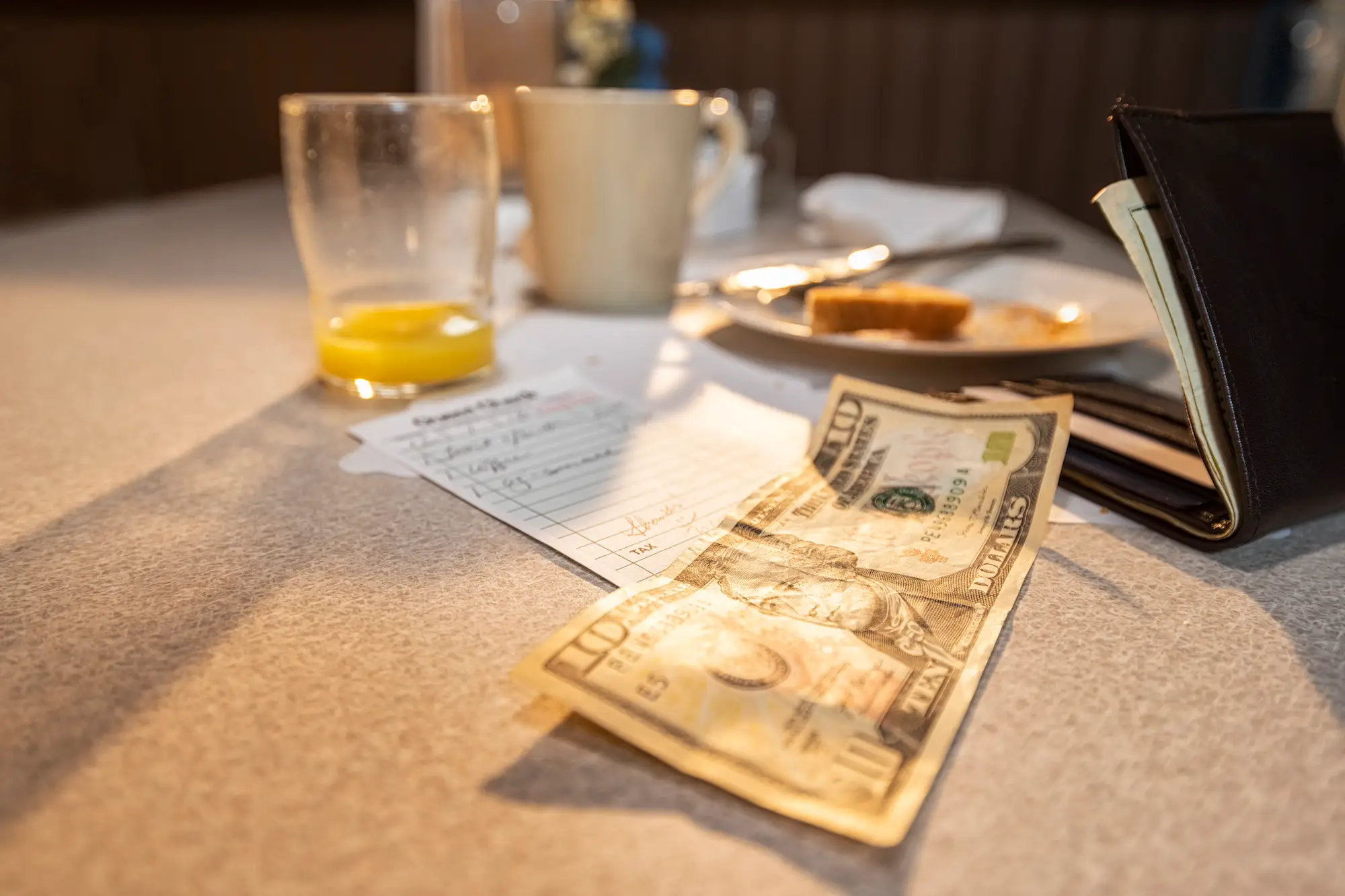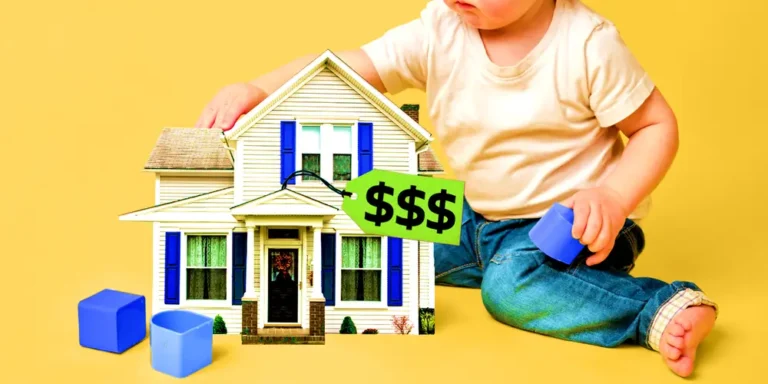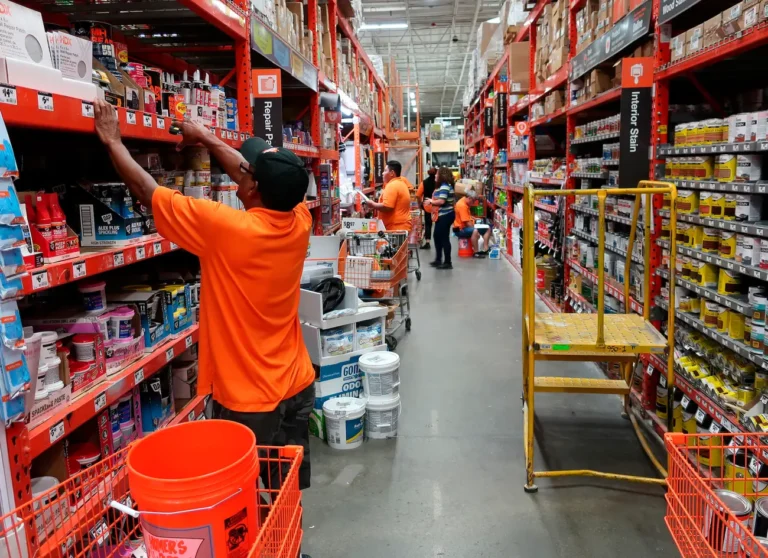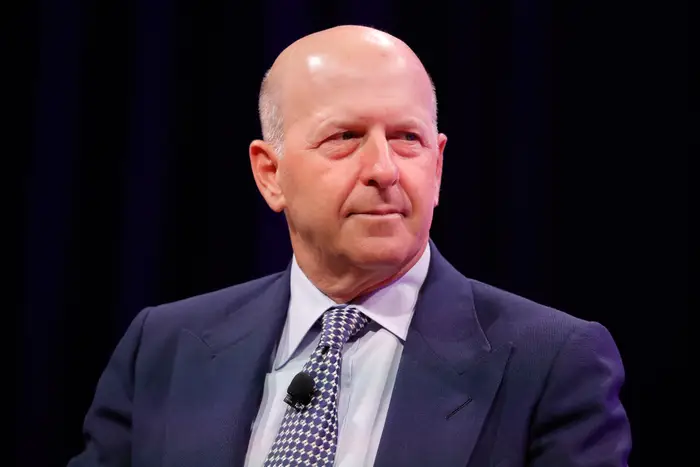Americans are sick of tipping culture and scaling back everywhere from restaurants to hair salons

Many Americans are not willing to leave a tip all the time, and they’re becoming less likely to do so.
Bankrate recently published survey results about tipping for different types of services. Across all the categories in the survey, a smaller share of respondents said they tipped all the time than in a 2022 survey from Bankrate’s sister site CreditCards.com.
The 2024 survey of US adults conducted from April 29 to May 1 found that 67% percent of those who go to sit-down restaurants always give tips to servers. A way smaller share of adults who go to coffee shops are tipping baristas all the time or when they have to pick up their takeout food. Thirty-seven percent of adults said they “feel like businesses should pay their employees better rather than relying so much on tips,” per a Bankrate post about the results.
Thirty-five percent of adults said “tipping culture has gotten out of control,” per the Bankrate post.
The share of US adults who always tip servers among those who go to sit-down restaurants slipped from the 2022 survey — 73% said this in the 2022 survey. This wasn’t the only kind of tipping for which the share of adults using these services who said they always tip slipped, as seen in the table below.
Share of US adults who say they always tip the following people

Why people end up giving a tip
Ted Rossman, a senior industry analyst at Bankrate, noted to us some of the reasons people end up tipping. There’s when it’s typically expected, or people may tip to try to get better service. Another could be to avoid feeling guilt.
“Sometimes we tip more out of guilt, like they flip the tablet around and you feel bad saying no,” he said.
Rossman told us that Gen Xers and baby boomers were “much more likely to say there’s too much tip creep and tipping culture’s gotten out of control.” Still, the survey found 78% of Gen Xers and 86% of baby boomers who go to sit-down restaurants always give a tip.
And younger Americans are less likely to tip at sit-down restaurants. “The fact that only 35% of Gen Zers who go to sit-down restaurants are always tipping, only 56% of millennials who go to sit-down restaurants always tip there — that’s a setting where I feel like you should be tipping every time, ideally 20%,” Rossman said.
“We’re seeing this backlash, though,” Rossman added. “Some of it is high prices, some of it is tip creep, some of it is maybe just people feeling like they don’t have a lot of money to go around.”
A Pew Research Center survey of US adults conducted in August also highlights when people tip. That survey found 77% said service quality is a major factor in deciding whether they tip, and 18% called this a minor factor. Almost a third of adults said how much the worker or workers earn before tips is a major factor, 23% said social pressure is a major factor, and 23% said how much the tip will end up costing them is a major factor.
“Service quality is by far the most cited factor across all age groups, but younger Americans are more likely than older people to consider certain other factors,” Pew Research Center said. “For example, adults under 30 are more likely than those 65 and older to point to workers’ pre-tip wages, social pressure and cost as major factors when deciding whether to leave a tip.”
When to leave a tip
So should you tip every time you place an order, stop in for a haircut, and get an appliance delivery? Rossman said his advice is for people to make a priority list of who to tip.
“Maybe this is especially useful around the holidays, too,” Rossman said. “There’s pressure to give a teacher gift and to tip the trash guys and the mailman and your kid’s daycare provider and everybody. If you can’t tip everybody, maybe at least prioritize who really went above and beyond.”
Still, Rossman thinks there are several places or services where people should give a tip: at a hair salon or barbershop, food delivery, taxis and rideshares, and sit-down restaurants.
“If you’re a rideshare driver, you’re paying out of your pocket for gas and insurance, and if people aren’t tipping, that’s really taking a chunk out of your wages,” Rossman said. Similarly, Rossman said many food delivery workers “are footing the bill for things like gas and car insurance.”
Rossman said tipping for coffee shops, food trucks, or takeout restaurants are more optional.
“To me, there’s a big distinction between where tipping is more expected and where it could be optional,” Rossman said. “But I do think the lines are blurring, and I think that businesses are looking to customers to make up some of the difference — that maybe they’re reluctant to raise prices any higher; they’re looking to supplement their employees’ wages.”






